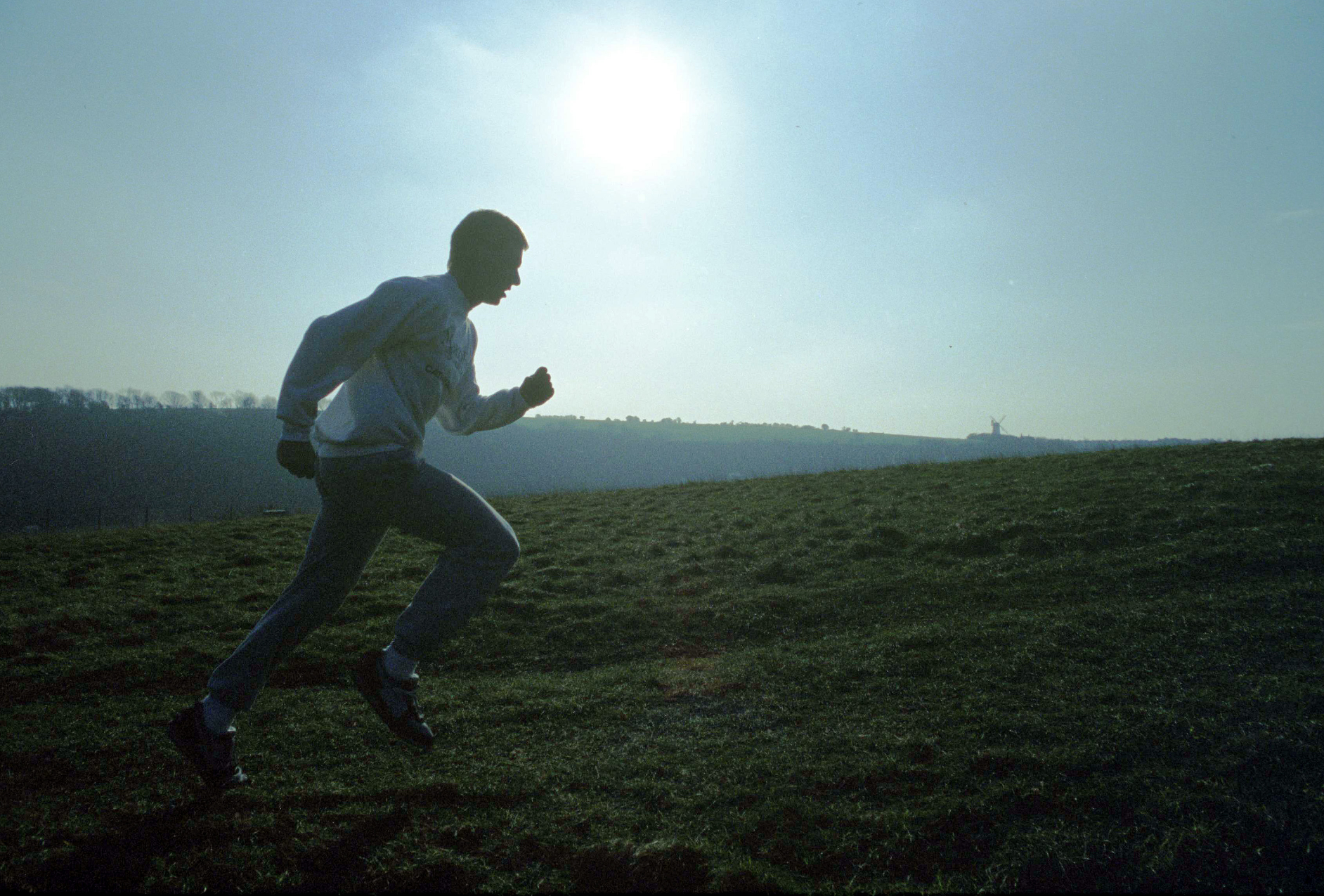
By Jessica Winstanley, Director of Fitness
If you are reading this in the Northern Hemisphere and are not already following an off-season training program, I urge you to read on. The summer period, when league and match play slows down, is just as, if not more, important than your squash season when it comes to developing improvement. Unfortunately, the majority of amateur players miss out on this information from lack of guidance, motivation, or other interests such as outdoor sports or holidays.
The good news is that even fitting in as little as two sessions per week, tailored to your interests (Love being outside after work or on weekends? Training outside couldn’t be an easier option!), can make a significant difference to your squash-specific fitness and thereby set you ahead of the competition come September.
At SquashSkills, we’ve developed a daily off-court training program that follows a pattern of training throughout to off-season. It amazes me how many members do not utilize this due to their belief that they don’t have the time for it. There are six sessions per week, ranging from 25-45 minutes, for the completely committed trainee.
However, if time is an issue for you, what’s stopping you from doing two of these sessions per week? Almost anyone can make time for 2 x 1/2 hour sessions per week. You can do most of the sessions in your living room or hotel room. Don’t think it will make a difference? I urge you to try and find out for yourself.
If following the SquashSkills program is not for you, it couldn’t be easier to plan your own off-season program. Follow these steps below as a guideline:
1. Figure out your weaknesses. Are you fast, but not very strong? Is your movement on court sloppy and you tire easily, rather than being grounded and conserving energy (our current theme on SquashSkills offseason training)? Is one side of your body stronger than the other, thereby producing an imbalance and discomfort to your back or other musculature in everyday life? Have an honest think about this topic and write out a few that apply to you.
2. Determine how many times per week you can devote to training. I strongly suggest incorporating a minimum of 2x/week. Think about your constraints and work around them—for example, if you have a FT job, a family, a social life and outside interests, chances are you may find it hard to get to a gym or the court every week for a weights or ghosting session. Work around this rather than give up—choose sessions that you can do from home, or outside on the weekends. Off court training, including the dreaded outdoor run, will bring significant benefits and improvement to your fitness and overall musculature strength and balance.
3. Think about creating a progression in your program. A great rule of thumb to follow is slow and steady in the early part of the season, building your base fitness, gradually incorporating more power-relat-ed workouts and finishing with fast footwork, gearing you up for the day you return to playing regularly.
4. Pick your sessions based on your weaknesses and constraints. Need a 1x / week 25 minute lower body circuit that you can complete in your backyard or hotel room? The internet has thousands of suggestions. They may not be as squash-specific as you would like, but they will undoubtedly be beneficial and count towards your X/week sessions.
5. The last ingredient—make a schedule and DON’T GIVE UP. No matter what, do your session on your designated day at your designated time. Even if you have a cold or an unexpected event arises, do a part of your session for a portion of the time. The drop-off rate from a training program significantly rises once a session is skipped, leading to another, etc. Before you know it the off-season is over and you’re behind your game come September.
6. If all else fails and even this sounds like too much for you—go for an interval bike or run once a week, and do planks, press ups, squats and lunges another day. I guarantee you that even this will help for your improvement prior to September.
I hope this has inspired you to continue or begin your own off-season training. Nothing should stop you—take control of your improvement and keep in mind that you are safeguarding yourself from injury come season start. If you really need great motivation, keep picturing winning against your most challenging opponent—only if you continue with your training!


